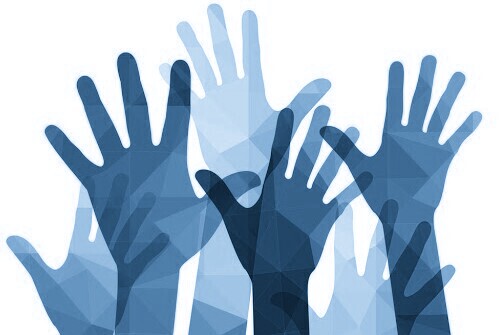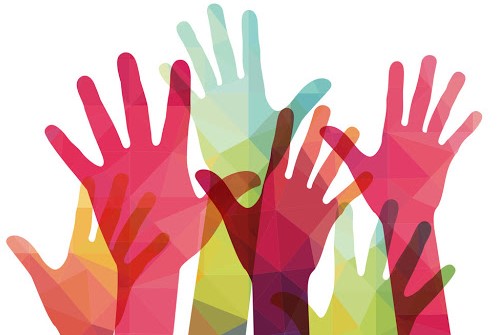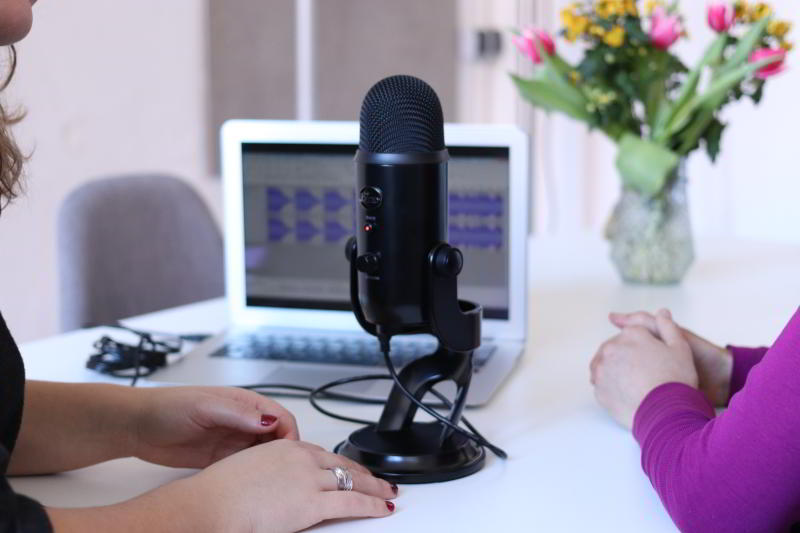Working Groups
MD4SG working groups bring together academic researchers from various disciplines to tackle problems in real-world application domains through online working groups. These groups work towards research, implementation, and advocacy projects throughout the year. Notes from the original reading group can be found here.
If you are interested in being involved or pitching problems to these working groups in any of the domains below, please contact the Working Group Organizers at wg@md4sg.com


Civic Participation
Organized by Paul Gölz (CMU) and Manon Revel (MIT)
We study the mathematical theory of civic participation, focusing on novel modes of democratic decision making that complement traditional elections.


Conversations with Practitioners
Organized by Kristen Scott (KU Leuven) and Wendy Xu (HKUST)
We aim to bridge research and practice by hosting informal interviews with practitioners who work with disadvantaged and underserved communities.


Inequality
Organized by Sam Taggart (Oberlin)
We study how computational methods can either address or exacerbate inequality, both globally and for vulnerable populations in the United States.

Algorithms, Law, and Policy
Organized Joachim Baumann (University of Zurich) and Xudong Shen (National University of Singapore)
Some of the topics the group will work on include but are not limited to free speech, content moderation, antitrust, the use of “black box” machine learning models, data-driven algorithms, and decision-support tools.


Equity and Justice for Indigenous Communities in Latin America
Organized Flor ángel Pérez Sánchez (CITRO) and Yésica Gómez Hernández (UATx)
The EJUCIAL working group is an extension of the MD4SG Summer of Science program which supports female students from indigenous communities in Mexico as they design and execute research projects aimed at improving their local communities.
Photos by Duangphorn Wiriya ; rawfilm; and rawpixel on Unsplash